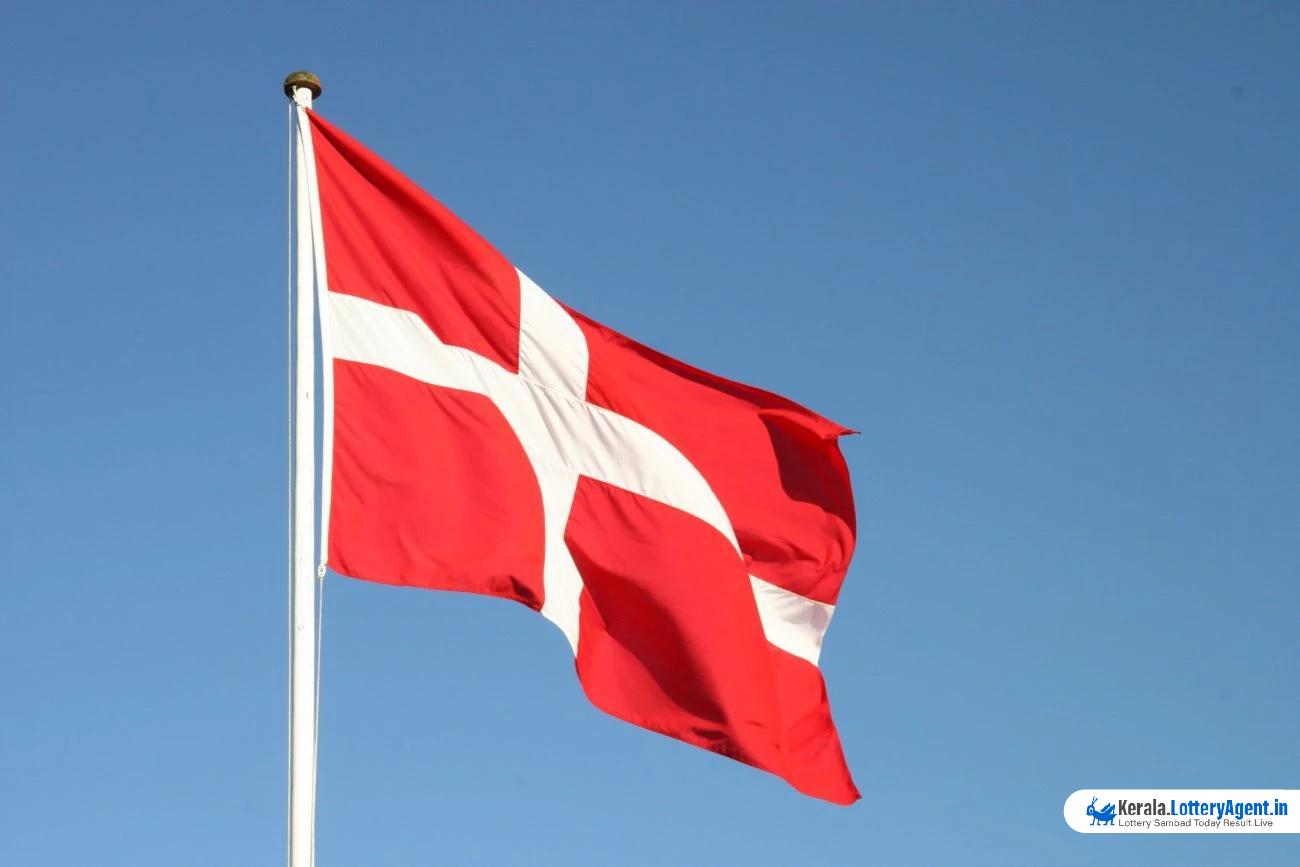
In the first quarter ending March 31, Danske Spil reported an impressive financial performance with a 2.2% year-on-year increase in its group revenue, reaching DKK 1.24 billion (£140.5 million/€166.2 million/$178.3 million). This strong start to the year sets a promising tone for the Danish gaming operator as it continues to navigate a competitive industry landscape.
The cornerstone of Danske Spil’s revenue was once again its lottery business, Danske Lotteri Spil, which saw a 4.9% rise in revenue compared to the previous year, totaling DKK 711 million. This growth can be attributed to high jackpots in the Eurojackpot game, bolstered by the introduction of additional draws and increased jackpot prizes. These strategic changes have resonated well with lottery players, propelling the lottery segment’s revenue growth.
While the lottery business flourished, other segments experienced varied results. Danske Licens Spil, which encompasses sports betting and online casino operations, reported a decline of 1.0% in revenue, falling to DKK 393 million. Despite an increase in the number of customers in the online casino segment, which supported revenue growth, the sports betting vertical struggled. Danske Spil cited intense competition and weak margins as key factors behind the decline. Furthermore, the introduction of mandatory player ID cards in retail markets since 2021 has continued to dampen performance in this area, contributing to an ongoing downturn in retail sports betting.
In a notable development, Danske Spil successfully divested a 60% stake in its Swush fantasy sports platform to Danish tabloid newspaper Ekstra Bladet early in the first quarter. Despite a 50% year-on-year drop in revenue from the Swush platform to DKK 1 million, the sale provided a significant financial boost, generating DKK 27 million in additional income for the quarter. This strategic move not only helped offset some financial challenges but also underscored Danske Spil’s focus on optimizing its portfolio.
The company’s land-based gaming operations under Elite Gaming also mirrored the trend of modest declines, with revenue falling 1.3% to DKK 75 million.
. Meanwhile, Danske Klasselotteri, which was merged into Danske Spil in April 2022, maintained a steady revenue stream at DKK 64 million. Known for its bi-annual draws with a substantial 65% of ticket sales allocated to the prize fund, this segment continues to contribute consistently to the overall revenue.
Addressing operational costs, Danske Spil reported that agent commissions remained relatively unchanged at DKK 156 million. However, other gaming-related costs experienced an 8.2% reduction, amounting to DKK 101 million. This decrease in gaming expenses was offset by increased external costs, driven by rising prices for goods and services. Nevertheless, the company managed to counterbalance these cost pressures through lower depreciation expenses and a slight decline in personnel costs.
The notable DKK 27 million income from the Swush stake sale played a crucial role in mitigating these cost increases. Combined with the rise in total revenue, Danske Spil achieved a pre-tax profit of DKK 646 million, marking a substantial 9.9% growth compared to the previous year. Post-tax, the operator reported a net profit of DKK 510 million, significantly higher than the DKK 459 million recorded in the same period last year.
Looking forward, Danske Spil remains optimistic about its financial outlook for the full year 2024. The company has maintained its revenue forecast, anticipating figures between DKK 5.0 billion and DKK 5.2 billion. Additionally, the operator projects a post-tax profit of between DKK 1.8 billion and DKK 1.9 billion for the financial year 2024.
In summary, Danske Spil’s robust performance in Q1 2023 highlights a dynamic and adaptive approach to varying market conditions. The effective leveraging of high jackpots in the lottery segment and the strategic divestiture of the Swush stake have been pivotal in driving revenue and profit growth. As the company progresses through the year, it will continue to navigate external economic challenges and competitive pressures, aiming to sustain its growth trajectory and meet its financial targets for 2024.












